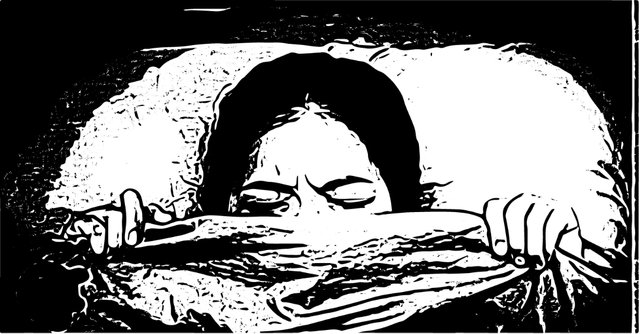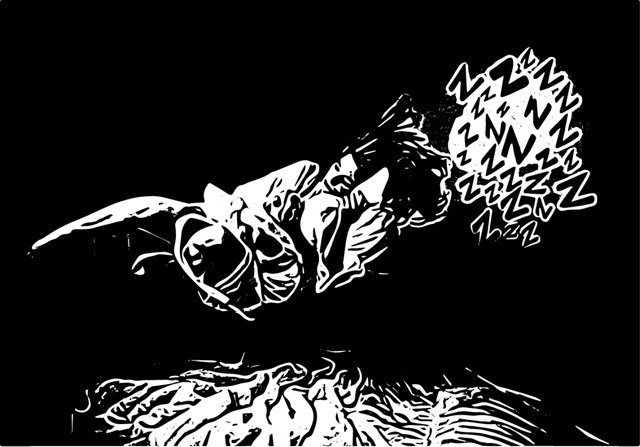Why Do We Dream and What They Might Mean

Dreams are a complex aspect of human psychology that has fascinated scientists and philosophers for centuries. While we sleep, our mind involuntarily conjures up a wide array of images, sounds, and sensations, often leading to bizarre and peculiar events. But what is the purpose of these dreams, and why do we experience them?
One of the leading theories on why we dream has to do with memory processing. According to this theory, our dreams serve as a mechanism to sort through and consolidate memories acquired during the day. While we sleep, our brain replays the events of the day and processes the information we've gathered, leading to a sort of "rehearsal" of important memories. This consolidation process is believed to help us retain important information more effectively, essentially allowing our brains to prioritize and remember crucial experiences.

Additionally, dreams may serve as a tool for problem-solving, helping us identify and process our emotions. Many people report experiencing vivid dreams after significant life events, such as a breakup or a stressful work situation. It's believed that these dreams serve as a way for our brain to process and work through these emotions, leading to a resolution or better understanding of the situation at hand.
Some scientists also suggest that dreams may help prepare us for future events. This theory proposes that our dreams serve as a way for our brain to prepare for potential challenges or dangers that we may encounter in the future. By practicing certain scenarios while asleep, our brain may be better equipped to handle them should they occur in real life.

Let's keep this new information we have just learned in play and dive a little deeper into the meanings of certain dreams.
As a form of human consciousness, dreaming has its own language that can connect us to our deepest desires, hidden fears and unconscious thoughts. Every time we sleep, our brain creates a series of stories that can range from confusing to enlightening, depending on their content, context and symbolism.

Dreams containing anxiety are a frequent occurrence for many people during times of stress or uncertainty. These can involve feeling lost, chased, trapped, or threatened by unknown or unfamiliar faces. They can symbolize underlying fears, insecurities, or unresolved conflicts that need to be addressed in waking life.
Dreams in which your aware that you are dreaming have been labeled lucid dreams. These are not as common as the rest on this list. During these, you can consciously control or manipulate the dream and it's content. Lucid dreams can be empowering, and/or entertaining, but can also become a problem if the dreamer starts struggling with differentiating between reality and fantasy.

Anytime dreams become a recurring thing can signify unresolved issues or unfinished business that the dreamer needs to address in order to move on. The entire dream doesn't necessarily repeated either. It can be just a recurring character or characters. It can be a certain song that plays every single night or maybe even a certain show that plays every time you fall asleep. It's important to pay attention to detail if your trying to decipher the meaning.
Dreams that involve sexual content or experiences can reveal hidden desires, fantasies, or fears, or they can simply reflect the brain's need to release tension or process emotional information. These aren't always pleasurable either. The sexual aspect can be terrifying and unwanted and the message might get lost in the chaos.

Last but not least we have our nightmares. These are dreams that evoke intense feelings of terror, disgust, or horror, which can wake the dreamer up in a panic soaked in sweat. Nightmares can be caused by traumatic experiences, unrealistic expectations, or disturbed mental states and can trigger a person's post-traumatic stress disorder or other deep rooted emotional trauma that normally stays bottled inside.
While dreams can be meaningful and insightful, it is important to remember that they are not always accurate or reliable indicators of actual reality or the future. The interpretation of dreams requires a thorough analysis of the dream context, the dreamer's personal history, and the cultural or societal influences with which the dream reflects. Therefore, it is recommended that one consults with a qualified therapist or dream expert if they feel stuck or overwhelmed by their dream patterns or dream content.
Thank you guys for reading and don't forget to show some love.